Since the New York Times piece that exposed Harvey Weinstein as a serial predator ignited a chain reaction of felling sexual abusers throughout Hollywood and other industries last October, a few studios have spent big bucks expunging men like Kevin Spacey from content. As a result of the reckoning around sexual harassment and abuse, companies that produce content have increasingly turned to adding morality clauses to contracts to ensure that bad behavior won't cost the studios a dime. But "morality" is subjective and slippery and hearkens to a time when LGBT actors were forced by their contracts to remain closeted.
One glaring example of the resurgence of "morality clauses" is following allegations that Spacey had sexually harassed and/or abused several young men, House of Cards studio Netflix and Imperative Entertainment, the financier behind All the Money in the World, lost millions attempting to remove all traces of him. The money people behind Ridley Scott's All the Money in the World doled out $10 million to replace Spacey with Christopher Plummer in time for the film's holiday release.
Meanwhile, Netflix fired its lead from House of Cards and from an upcoming Gore Vidal project. And due to Spacey's contracts, none of which included a "morality clause," he was paid handsomely for all of the aforementioned projects. The streaming service took another hit when it fired accused rapist Danny Masterson from The Ranch. Between both alleged predators, the company took a loss on paper of about $39 million due to what the company's chief financial officer, David Wells, called "the societal reset around sexual harassment," reports the New York Post.
One studio looking to avoid dumping millions on performers whose behavior renders them persona non grata among the viewing public and therefore a financial liability is Fox, which is attempting to bring back a "morality clause" that calls for termination of a contract "if the talent engages in conduct that results in adverse publicity or notoriety or risks bringing the talent into public disrepute, contempt, scandal or ridicule," according to The Hollywood Reporter.
Since the dawn of the morality provision, originally implemented in 1921 in response to allegations that actor Fatty Arbuckle had raped and murdered a young woman in a hotel room, broad language not unlike that in the Fox clause was often used to keep talent in the closet. In Gay L.A.: A History of Sexual Outlaws, Power Politics, and Lipstick Lesbians historians Lillian Faderman and Stuart Timmons wrote about how studios used the "morality clause" as a weapon against queer performers:
"Though the morality clause was instituted in response to heterosexual wrongdoing, homosexuals had reason to fear it. Once the movies became a wildly lucrative business, studio bosses, who had a great deal to lose monetarily if a star's personal life 'offended or outraged the fans,' became absolutely dictatorial about the public image of their stars, on screen as well as off. The studio bosses believed that in return for fat contracts their stars were under contract to appear -- if not actually to be -- 'moral.' If homosexuality was immoral in the mind of the general public, gay and lesbian actors needed to convince the public that they were straight, even to the extent of concocting pap for the media about their personal lives."
From cable companies to distributors to studios on down, there's a call from companies that stand to lose money to invoke the "morality clause" to insure themselves against #MeToo accusations, according to the Reporter.
Still, with the fuzziness around what constitutes "moral turpitude," the language used in many of the contracts to stem the tide of paying out sexual predators, LGBT performers could be at risk of studios attempting to shove them back in the closet.
And the use of such clauses to force queer performers to present as straight both personally and professionally doesn't only hail all the way back to the heyday of the studio system when actors like Rock Hudson were forced into "lavender marriages" for the sake of the studios's reputations.
In her book Unbearable Lightness, Portia de Rossi wrote about a "morality clause" wedged into a L'Oreal campaign contract she'd signed on to around the time she was a regular on Ally McBeal in the late '90s. The clause called for her to pay back any money earned from the campaign if she was found in any way to have violated the morality agreement.
"The clause cited examples like public drunkenness, arrests, et cetera but I knew that it would include homosexuality," de Rossi wrote. "The wording of the contract was vague, and I was unsure what would constitute a breach of the contract and how 'morality' was defined. The whole thing made me sick."
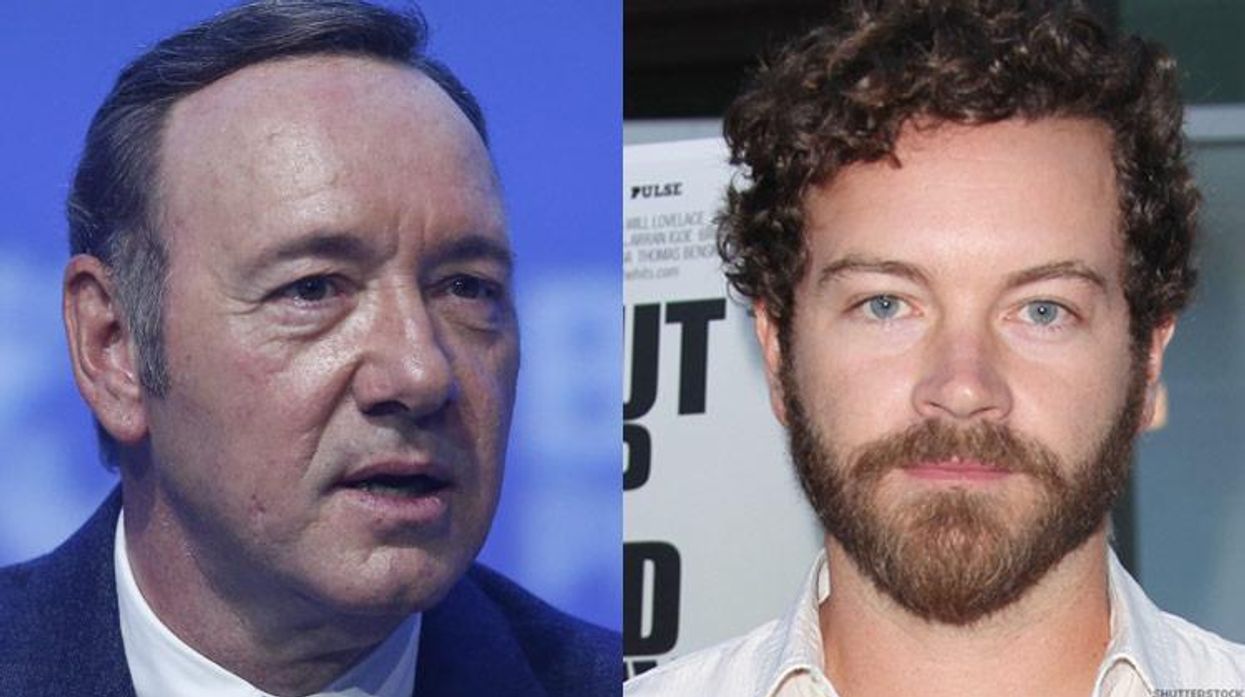



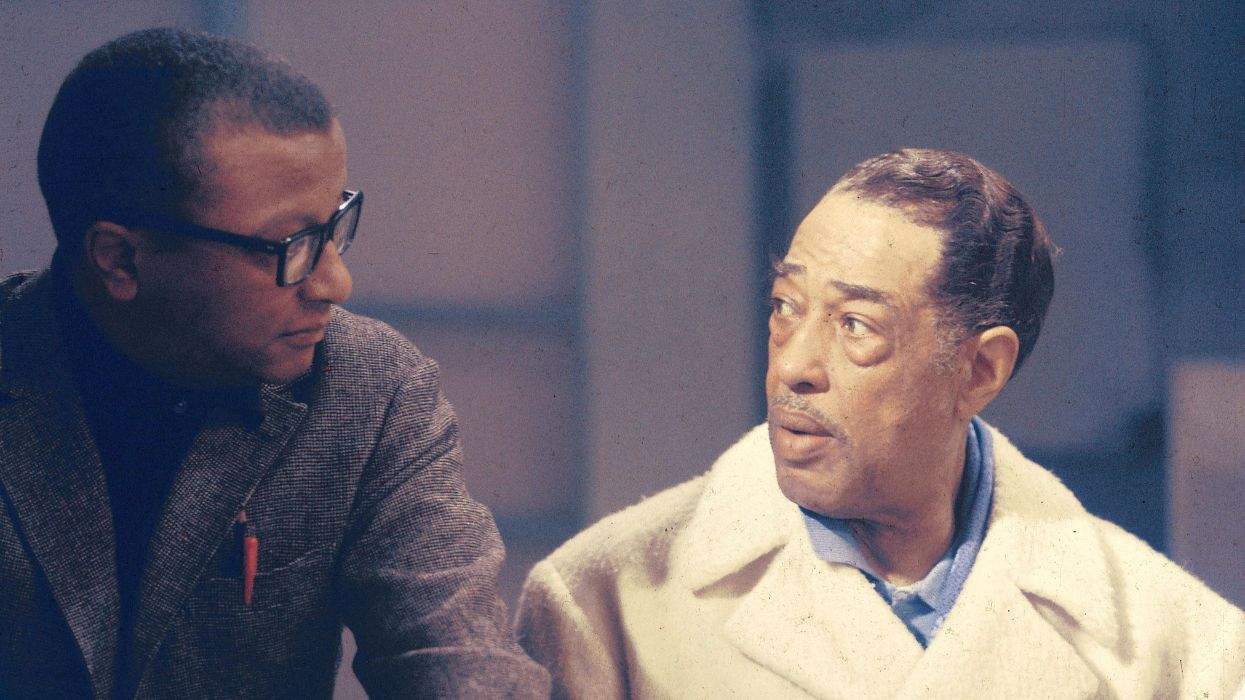
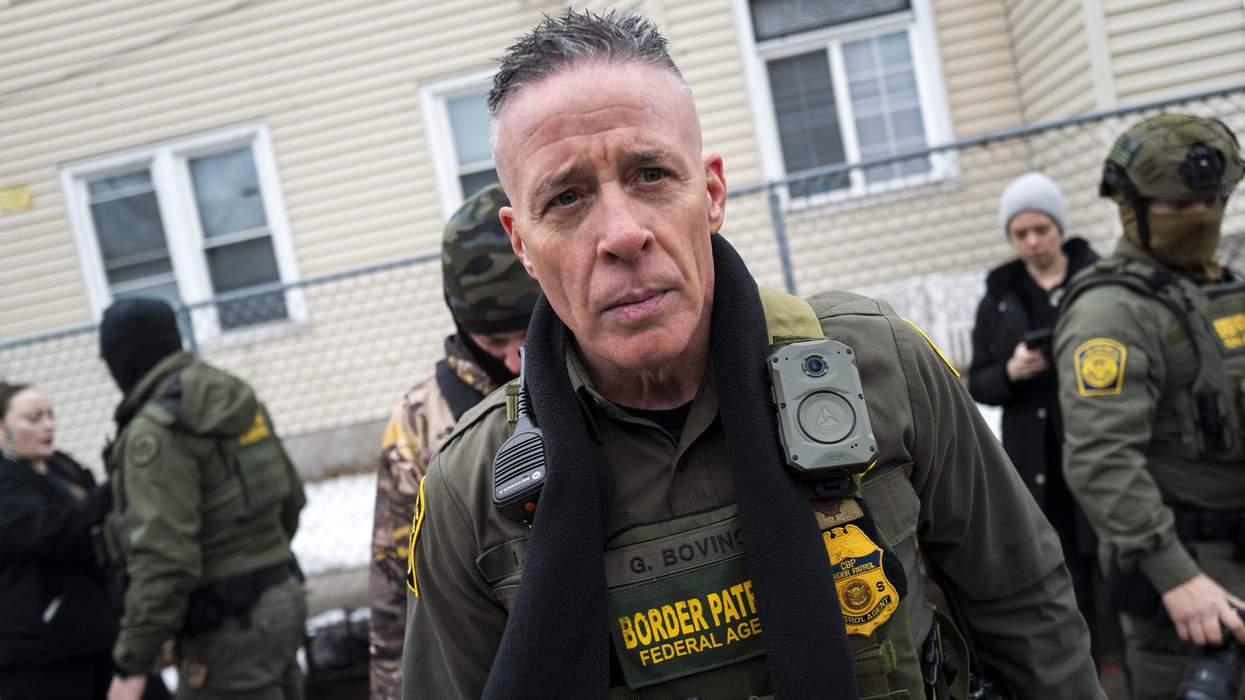



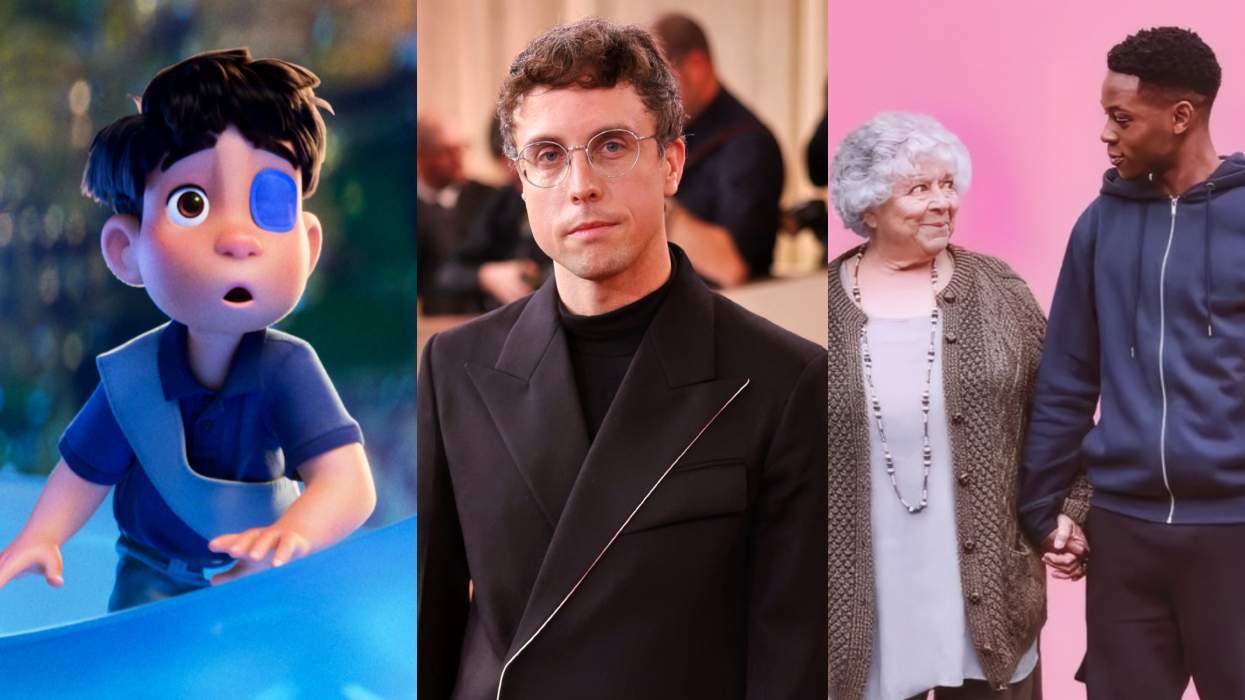


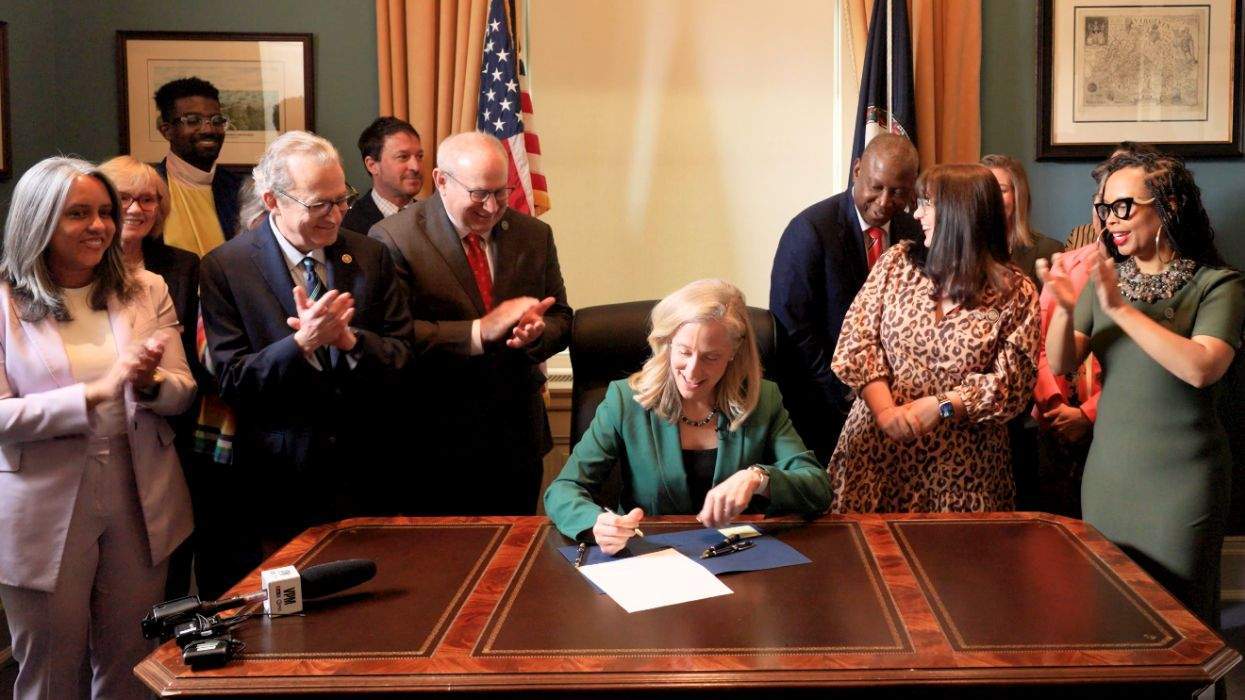


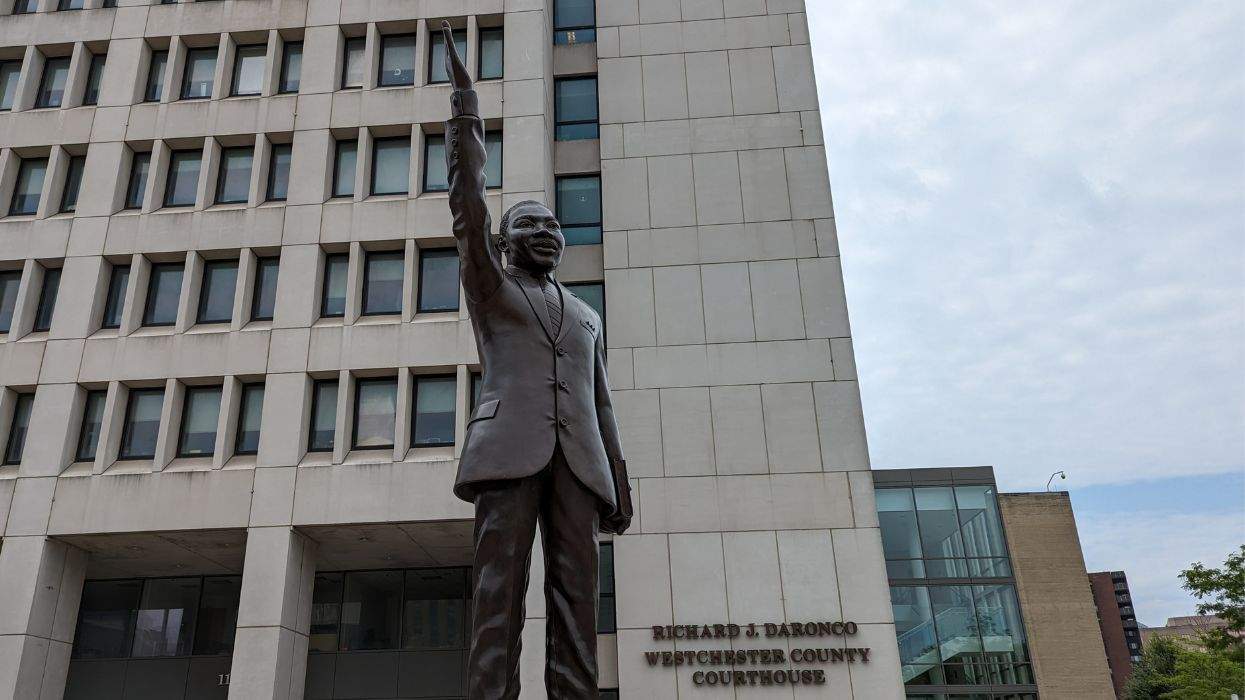
Charlie Kirk DID say stoning gay people was the 'perfect law' — and these other heinous quotes
These are some of his worst comments about LGBTQ+ people made by Charlie Kirk.